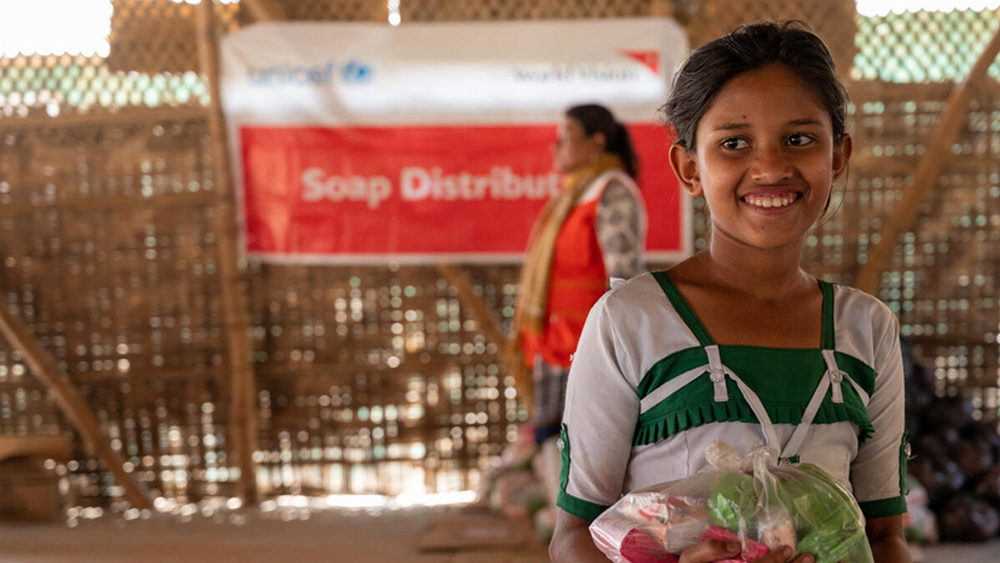There’s a “tsunami” of coronavirus cases set to hit vulnerable countries, according to the Christian aid agency World Vision. The countries that do not get much media attention.
“Think of a slum in Latin America or in Central America or the edge of some of these megacities – how can people isolate themselves [with] 10 or 12 people living in a single room?,” Claire Beck, who is Director of World Vision International’s Humanitarian Health and Water, Sanitation and Hygiene Unit, tells Eternity.
Mali, when it had no reported cases of coronavirus, closed its schools and sports stadia
“You can’t isolate one or two sick people and that means the whole household will get it. How do you then isolate the community around them. How do you prevent the spread?
“These people all have underlying conditions. There’s lots more malnutrition. There’s a lot more people who smoke. There’s a lot more people who have had poor health conditions, hypertensions and poor nutritional status. Tuberculois. All of these things are going to make put people at risk because it’s not as controlled as here.”
But there’s some surprising news. The Democratic Republic of the Congo (DRC) has just reported the eradication of Ebola, Beck reports. “So it’s dealt with something that requires isolation, such as Ebola. They already have systems in place that they know how to do it. And so I think that in some ways they’re ahead of some of the other countries, say, like Zambia.
“But Ebola had a vaccine. I would say that it’s going to take two or three years for DRC to be able to deal with coronavirus.
“We don’t have a vaccine yet and it won’t come for another 12 to 18 months. Yeah, we hear in the news that they’re testing it but for lower middle-income countries, it’s not going to be around still for about 18 months or so.
A country with a strong early response is Jordan (with 112 cases). “I am told that Jordan is a total lockdown and so the government is actually delivering house-to-house food, so that people do not go to the markets so and their caseloads are not as high as ours,” Beck observes.
Mali, when it had no reported cases of coronavirus closed its schools and sports stadia. “So while they’d not had a case – they were just aware that they have very porous borders and there’s cases in neighbouring countries.
Think about the countries where the majority of the population, maybe 80 per cent, are on daily wages.
“They also responded really quickly during the West Africa Ebola crisis; they basically are setting up their prevention systems really, really early.”
While the latest predictions of unemployment in Australia moves past 20 per cent, the poverty trap in many countries will be much crueller. “Think about the countries where the majority of the population, maybe 80 per cent, are on daily wages. It’s going to be like 80 per cent of the population unemployed there.
“If they can’t go out, they can’t earn any money, and the social security systems in these countries are not strong enough to support them.
“In these countries, the health systems are going to be so overstretched. The people aren’t going to want to go to them because they know that they are the place of last resort, rather than the place of first resort.”
Beck cannot estimate it but she sees many, many deaths ahead.
Is there something to be done? “Just as we’ve seen the supermarkets here stripped of toilet paper and cleaning materials, that’s what we need to be getting to the communities,” observes Beck.
“We’re doing distribution of boxed kits in which you’ve got disinfectant and mops and soap. We’re also providing medical equipment to Health Centres and hospitals and, in the the Philippines [local World Vision] themselves have actually donated a pile of large tents for one of the district-based hospitals, so that they can set up isolation wards.”
Email This Story
Please pray and spread the word about supporting other nations.



